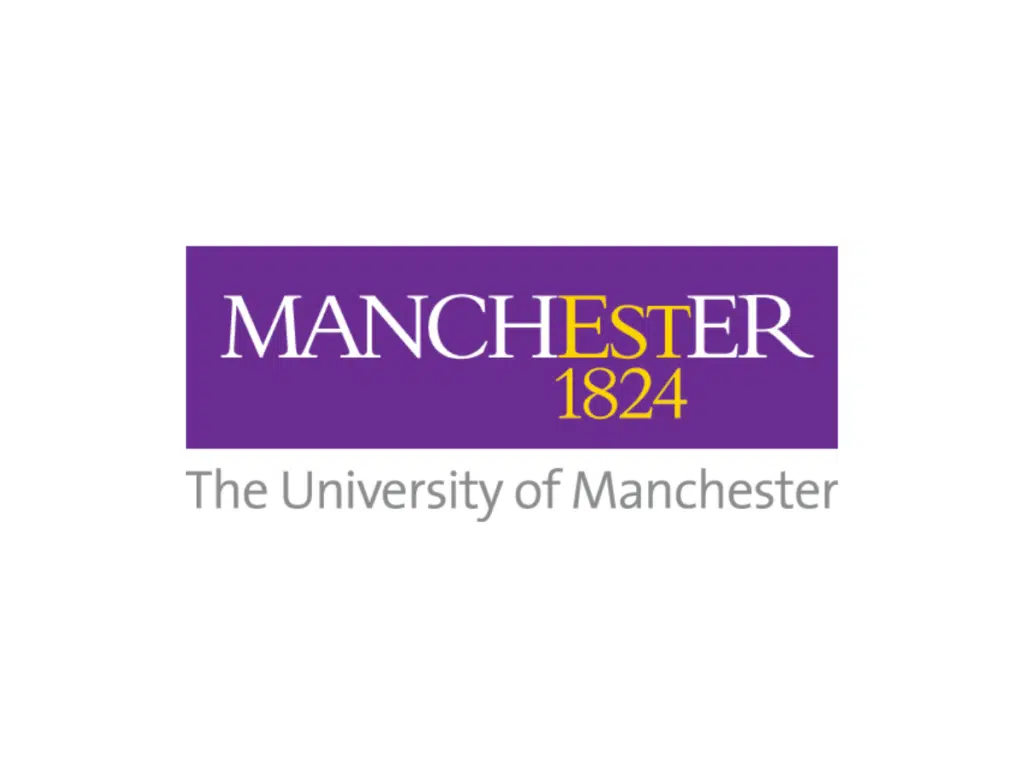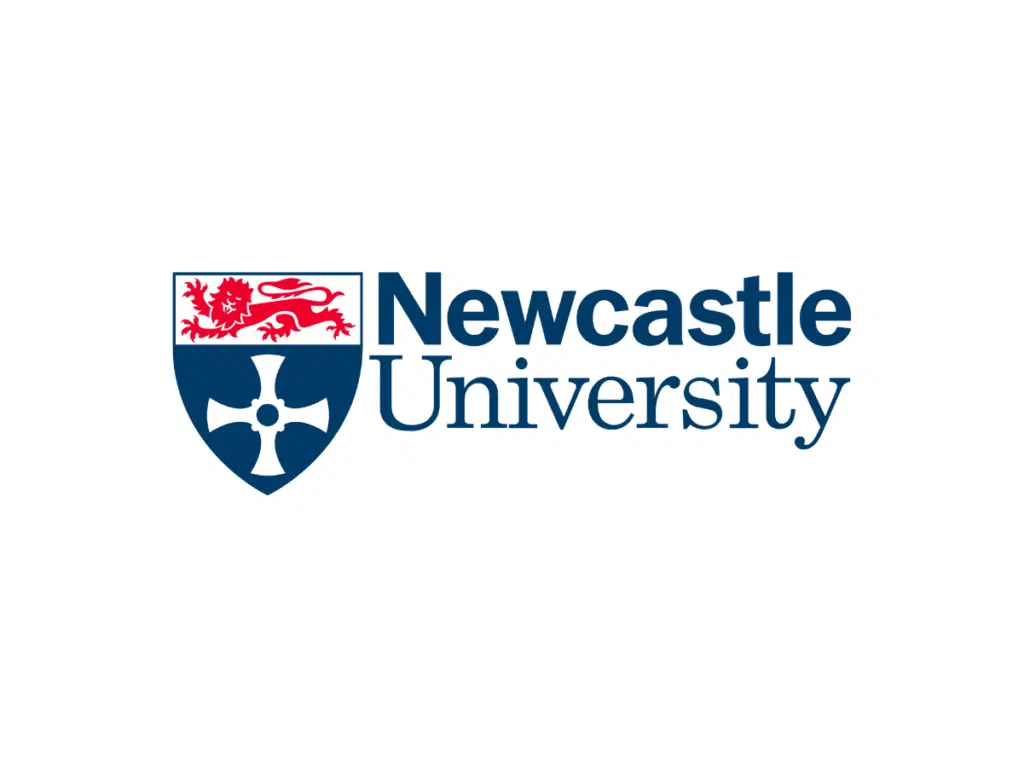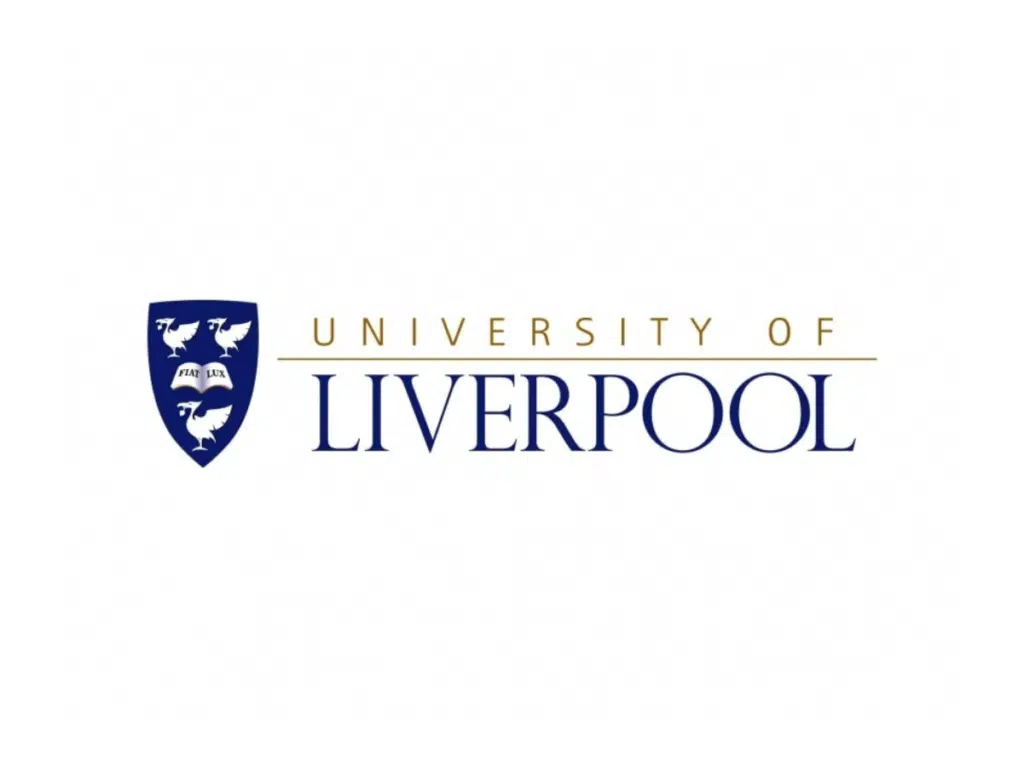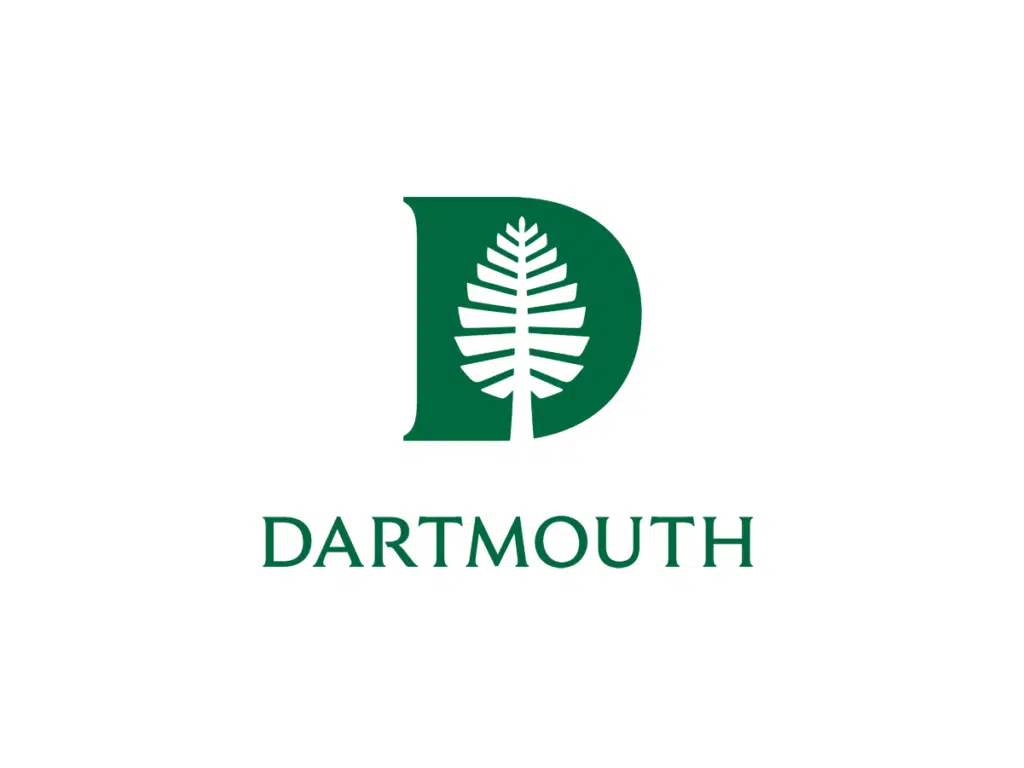Higher education
Universities worldwide rely on Xapien to protect their reputation
Explore use cases
![]()
Prospect research
Spend more time on proactive pipeline-building and enter every prospect conversation prepared.
![]()
Donor due diligence
Cast a wide lens on potential donors to uncover deep insights, not surface-level responses.
![]()
Research partner due diligence
Protect your research integrity and future-proof funding by knowing who you're partnering with.
![]()
International partnerships
Cast a wide lens on overseas partners and set the stage for strong, trusting partnerships.
Designed with universities in mind
90+
Customers are using our platform
50,000+
Hours are saved on average
Trusted by world-leading institutions.
Customer story: University of Manchester
Research reduced from half a day to 30 minutes for more proactive research
Customer story: Newcastle University
Research time cut from 5 hours to 15 minutes, freeing up time for strategic work
Customer story: University of Liverpool
3 hours of research and due diligence in 30 minutes to scale the donor pipeline
Customer story: Dartmouth College
Eight hours of research in eight minutes for the donor management team
Customer story: The University of Cambridge
Two days of work in 30 minutes for the donor due diligence team
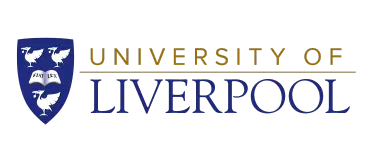
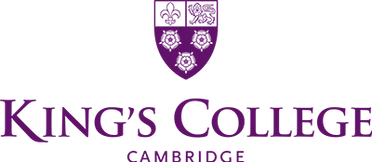
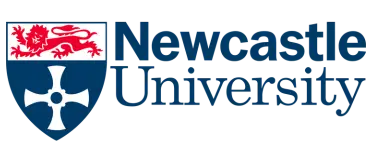







Xapien in 30 seconds
Ready to get started?
Get in touch with our team

